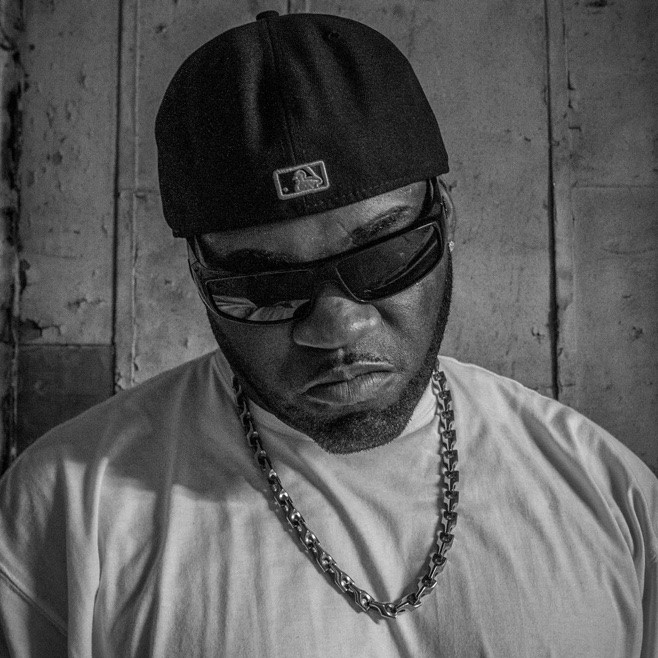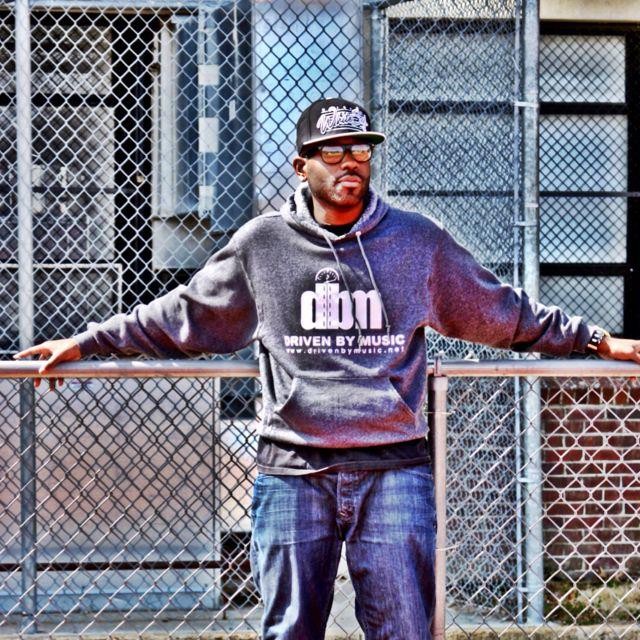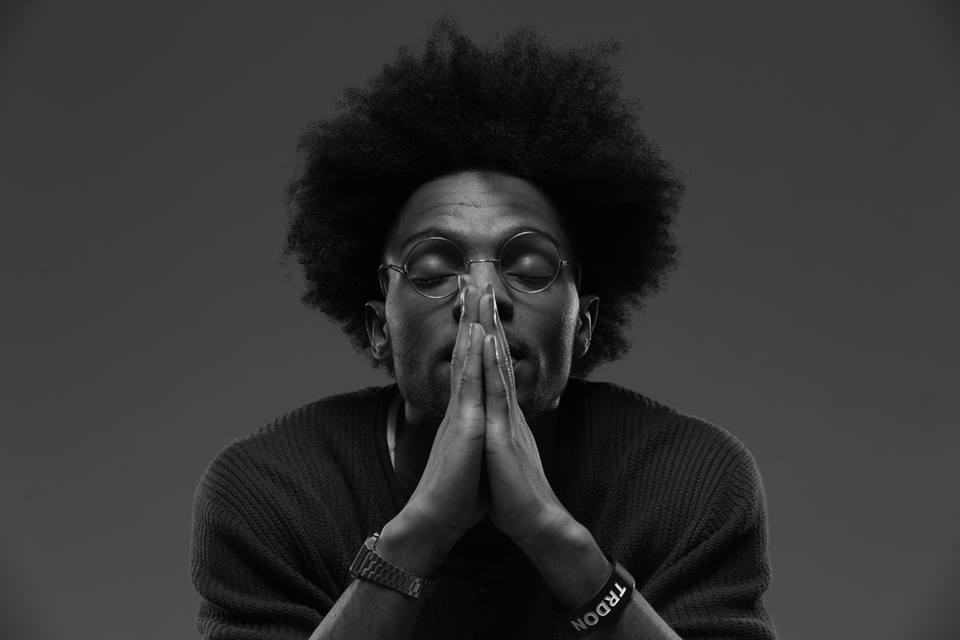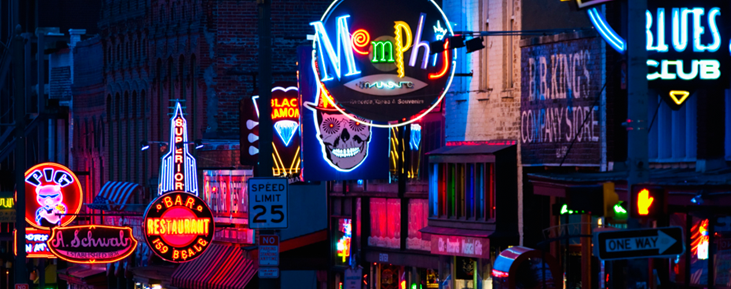Tyke T isn’t the type of guy who waits for success to come to him. Since moving to Memphis for work in 2011, the local rapper has been recognized by ABC 24 and the Memphis Grizzlies, in addition to getting music placement on national TV shows on the Oxygen channel and MTV. I caught up with Tyke T before he played the Hi-Tone last Friday night to find out more about his recent success, his outsider status in the music industry, and what he has planned for the future.
The Memphis Flyer: What was the rap scene like in Smyrna where you grew up?
Tyke T: Being from Smyrna, there wasn’t a whole lot going on. Smyrna is not exactly the mecca of music. When I was 14, I started rapping over songs that my brother had. He was a DJ so I would just rap over his instrumentals. The first song I ever rapped over was Celly Cel’s “It’s Goin Down.” I guess a lot of people might think it was an overnight thing for me, but it definitely wasn’t. I remember at some point wanting to move out of my brother’s shadow and focus on making my own beats. My brother had a Casio keyboard, and at first I was my own producer, and the beats I made were terrible. The first song I ever wrote myself was called “S-Town.” Master P was really popular back then, so I tried to make it sound like one of his songs. I wish I could find that CD because I know it was bad.
So once you moved to Memphis, you started the company Driven by Music. Tell me more about that.
Driven by Music is honestly everything to me. When we first started doing this, the first thing we started thinking of was branding. I wanted people to immediately relate to Driven by Music as my thing, and that was before I even had real music. We had shirts, an idea, and a hashtag. Back in 2011 and 2012, I would go to all these music conferences, and all they would push is branding, branding, branding. So I waited until I had the branding down, and then I dropped the music. Eventually I’d like to turn it into a record label, but right now it’s just the easiest way for people to find what I do.
How did your song “Nothing to Lose” wind up on the MTV show One Bad Choice?
That MTV placement is the result of two years of hard work. I would ask all these music supervisors if they were looking for hip-hop, and, eventually, if you do that long enough, someone is finally going to be like “Ok man, what do you have?” It was also the continuance of people being like “No, you aren’t going to get this. Stop asking. It will never happen.” That kept me driven. Eventually, no matter how many times people say no, someone is going to say yes.
The thing is, all these music supervisors on TV shows are looking for music, but they may not be looking for the type that you make. It’s important to ask them from the start what they are looking for. If they need a classical ballad and you are a freestyle rapper, don’t waste your time. Truth be told, I don’t have anybody that’s helping me out, I don’t know anyone in the music industry. I moved to Memphis for work, and I just decided I was going to make this shit happen. I’ve done open mic shows, pay-to-play gigs, and after all that you start to figure out, “Ok, this works, and that doesn’t.”
What was that feeling like? Hearing your music on television for the first time?
Well, MTV wasn’t the first placement, so I’ll tell you about the first TV placement I ever got. I was at home, and my homeboy’s girlfriend was like “You know Tyke’s music is on,” and he texted me and told me “Man, your song is on Sisterhood of Hip Hop,” and I was like “No it’s not. Shut up.” When the show came back on TV at 9 p.m., and I heard my song, I got on my knees at my house and just prayed. I wrote that goal down on a piece of paper in 2012, and, after a lot of hard work, it came true. When I got the MTV show, I was like “Hell yeah. Let’s send this shit out immediately.” MTV is obviously huge, and I’ll have that forever.
How has the MTV show spot helped your career?
My SoundCloud and website are both blowing up, but I’m still trying to figure out exactly how to track it. People are figuring out where to find me, and then they hear everything I’ve done leading up to that song. It’s been turning on listeners to my other music.
What does the future hold for
Tyke T?
I have a 9 to 5, and I’m not afraid to admit that. The ultimate goal is for my music to generate my income. I’m just focusing on what I have to do to push my career forward. If somebody is winning, somebody is losing, and I’m trying to win everyday. My new EP is going to be called One Wednesday Night, and I think it’s the best music I’ve ever made.



 Cole Wheeler
Cole Wheeler 
